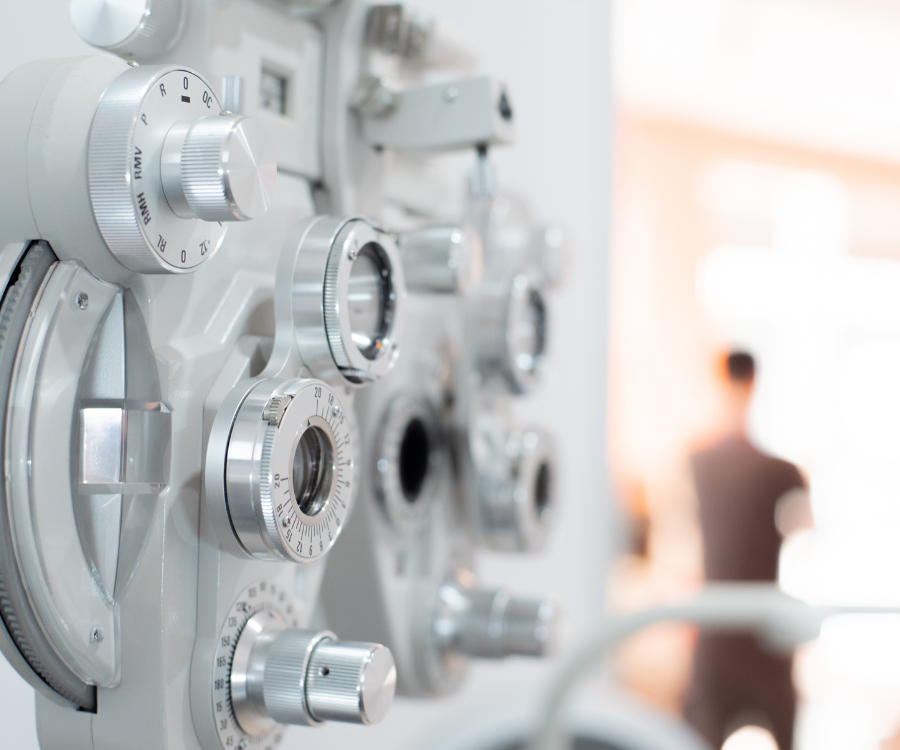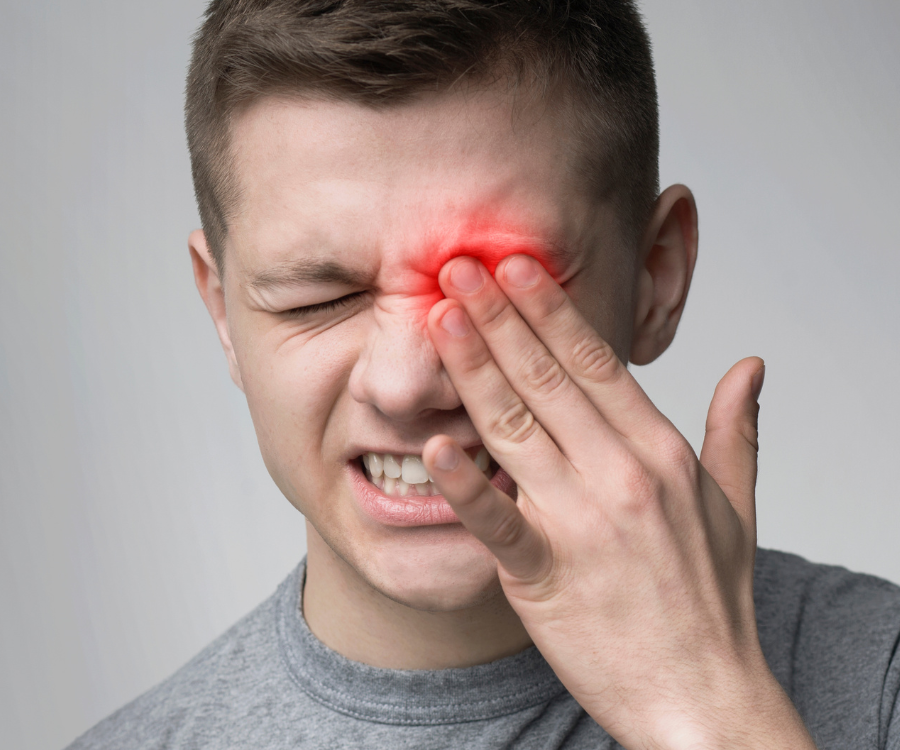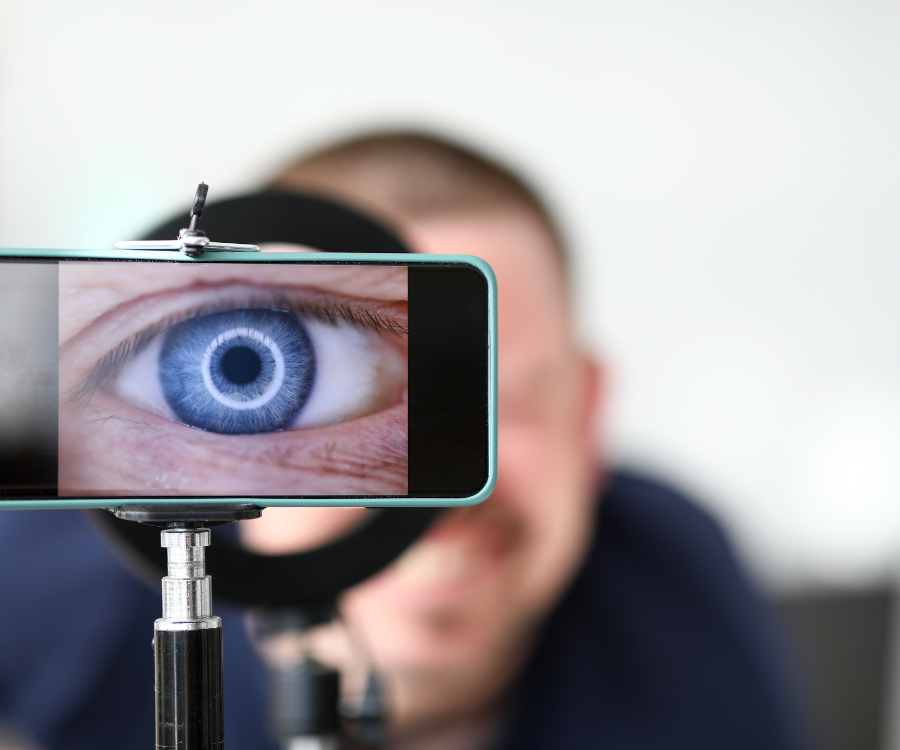Eye-Opener: Busting Common Myths and Unmasking Eye Facts
Our eyes, windows to the world, are shrouded in fascinating lore and misconceptions. From carrots boosting night vision to crossing eyes causing permanent damage, eye myths abound. But before you believe everything you hear, let’s shed some light on these misconceptions and reveal the eye-opening truth!
Myth #1: Carrots give you super night vision.
Fact: While carrots are packed with vitamin A, crucial for maintaining good vision, they won’t grant you superhero-level night vision. Vitamin A deficiency can cause night blindness, but for healthy individuals, carrots simply contribute to overall eye health.
Myth #2: Reading in dim light ruins your eyes.
Fact: Straining your eyes in dim light might cause temporary discomfort or fatigue, but it won’t permanently damage them. However, frequent eye strain can contribute to headaches and blurry vision, so it’s best to ensure adequate lighting while reading or working closely.
Myth #3: Wearing glasses weakens your eyes.
Fact: Glasses or contact lenses don’t weaken your eyes; they simply correct refractive errors for better vision. Think of them as crutches for your eyes, helping them focus properly. Not wearing prescribed glasses can actually strain your eyes and worsen vision problems over time.
Myth #4: Crossing your eyes makes them permanently crossed.
Fact: Relax, eye-crossers! Crossing your eyes might look funny, but it’s a temporary, voluntary action. Your eye muscles are designed for controlled movement, and they’ll naturally return to their normal position once you stop crossing them.
Myth #5: Watching TV too close damages your eyes.
Fact: Sitting close to the TV or computer screen might not be ideal for posture, but it won’t damage your eyes. However, prolonged screen time can cause eye strain, dryness, and headaches. Remember the 20-20-20 rule: take a 20-second break every 20 minutes to look 20 feet away, giving your eyes a much-needed rest.
Myth #6: Eye exercises can cure vision problems.
Fact: While certain eye exercises can help strengthen eye muscles and improve focusing, they can’t cure underlying vision problems like nearsightedness or astigmatism. If you experience vision issues, consult an eye doctor for proper diagnosis and treatment.
Unmasking the Truth:
By clearing the fog of misinformation, we can empower ourselves to make informed choices about our eye health. Remember, regular eye exams are crucial for early detection and prevention of eye diseases. So, ditch the myths, embrace the facts, and keep your eyes shining bright!
Do you have any eye myths you’d like to debunk? Share them in the comments below!
Bonus Tip: Protect your precious peepers! Wear sunglasses to shield your eyes from UV rays, take breaks from close-up work, and maintain a healthy diet rich in eye-friendly vitamins and minerals.
Let’s open our eyes to healthy vision, one myth-busting fact at a time!




